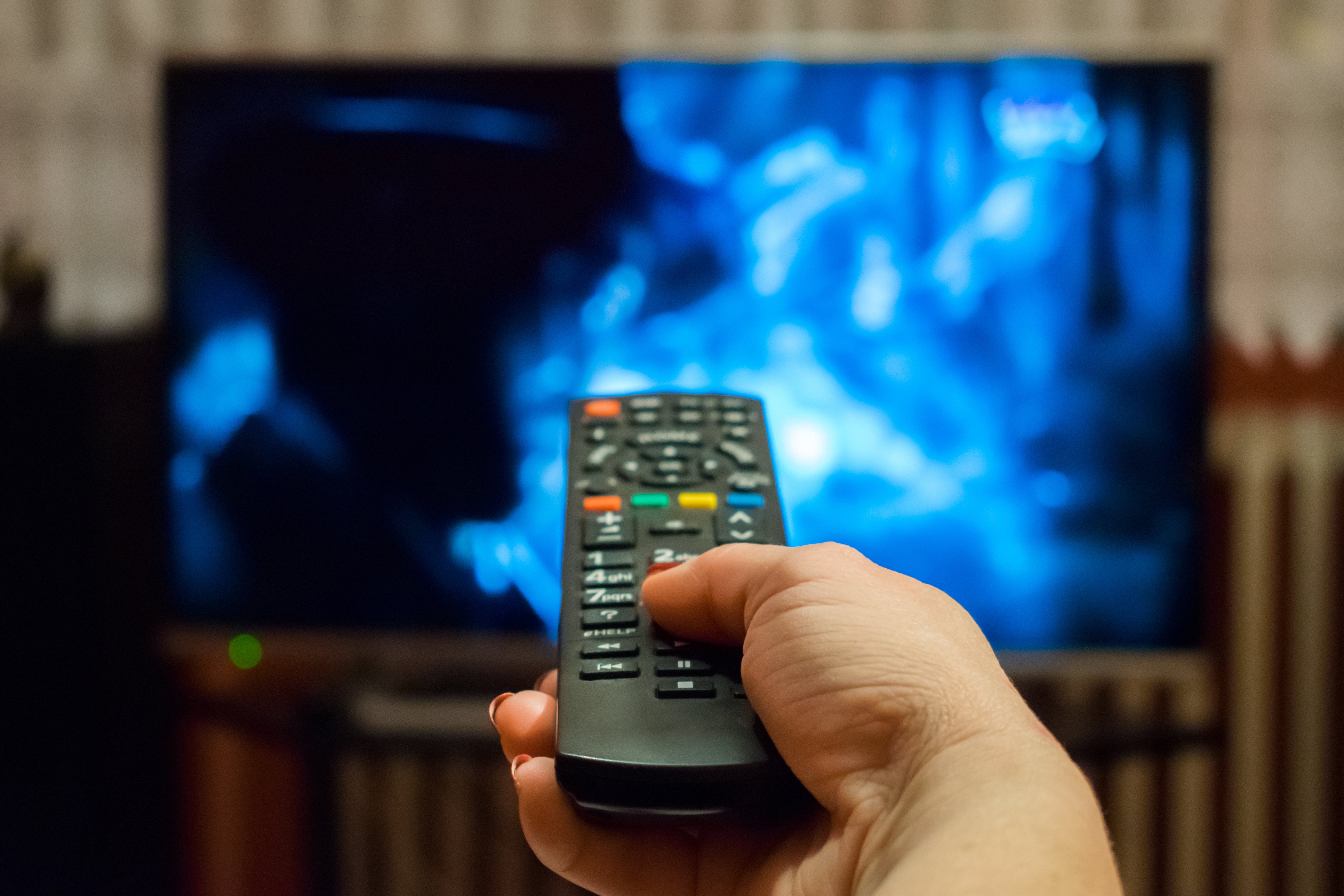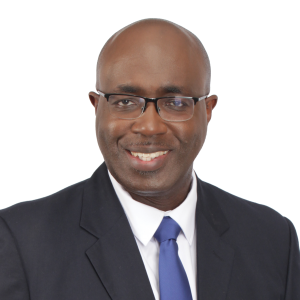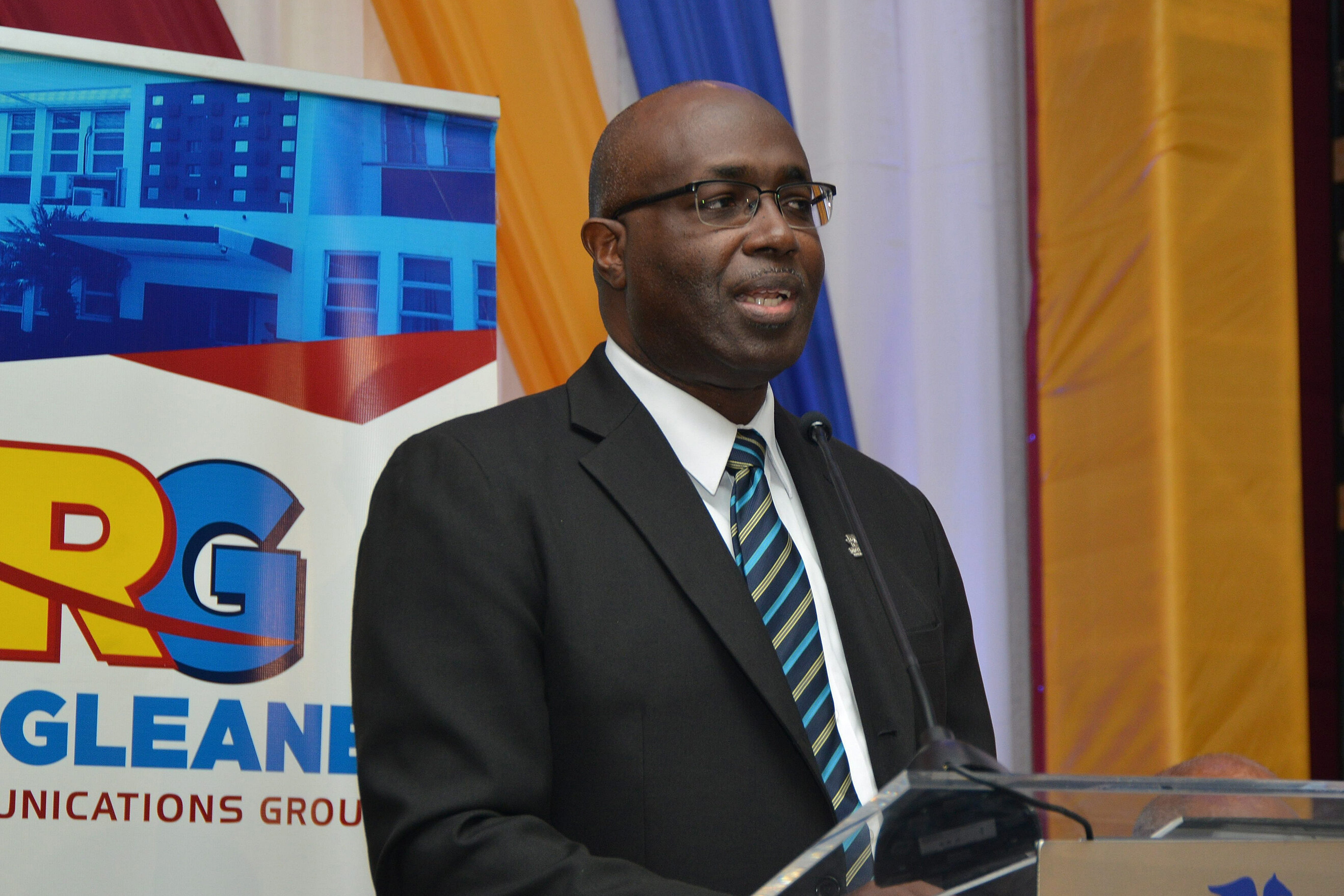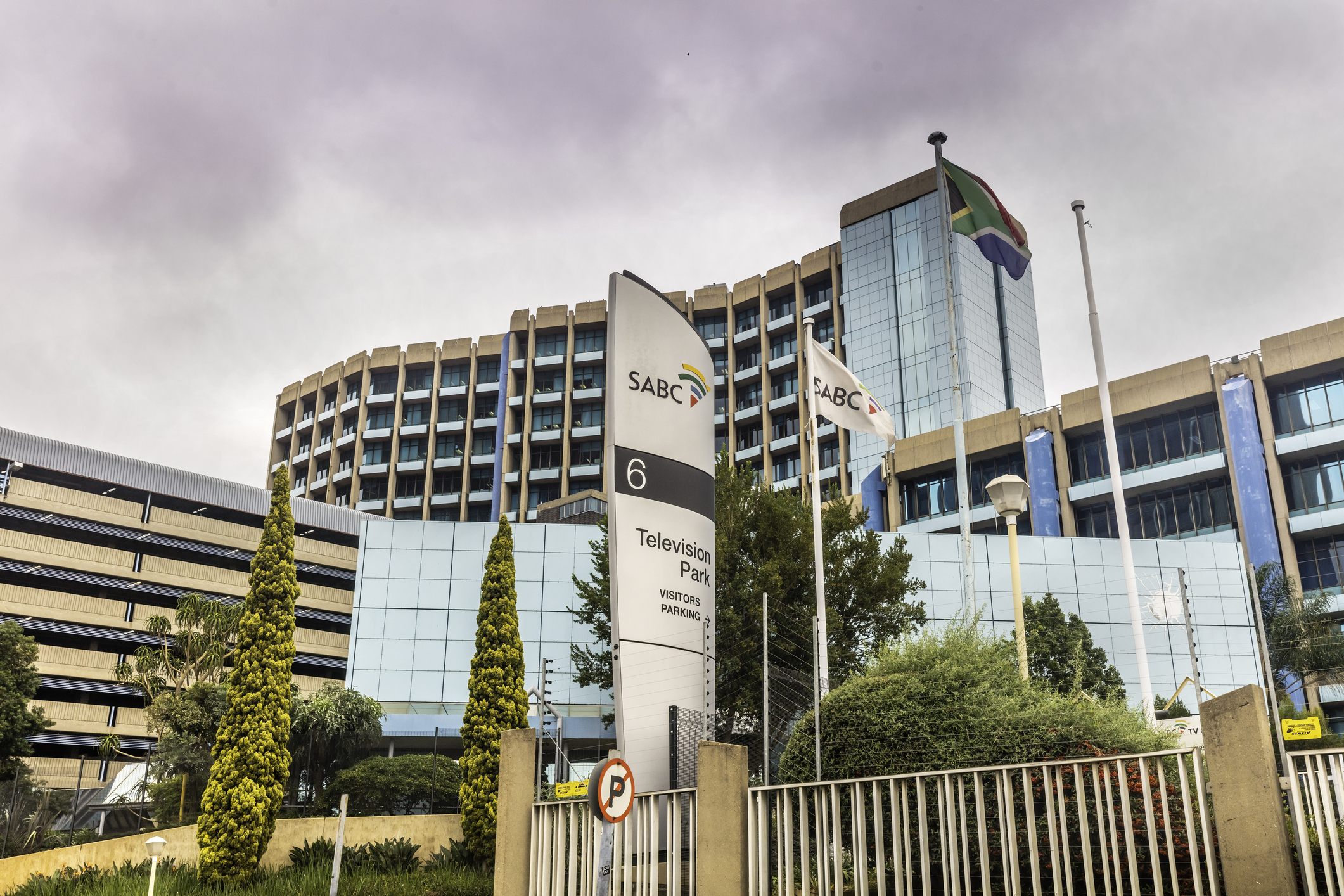Switching from analogue to digital in the Caribbean
1st November 2022
In the Caribbean, conversations around switching from analogue to digital have been ongoing for years, with countries across the region in different stages. So how is the transition progressing?

Funding, technology, and audience unpreparedness are some of the challenges which have been blamed for stalling the digital transition across the Caribbean.
Digital switchover (DSO) is the process of transitioning from analogue broadcast transmissions to digital transmissions. Digital television can broadcast more channels and removing analogue frees up spectrum that can instead be used for a range of services.
Throughout the world, DSO has been a long ongoing process, with countries in different stages of transition. In the Caribbean, a 2015 analogue switch-off date was set by the International Telecommunication Union (ITU). This date was later extended to June 2020 following lobbying and the recognition of the region’s lack of preparedness.
But today, nearly two and a half years after that extended timeline, the Caribbean has still not made significant progress, despite DSO being widely agreed as necessary. Regional regulators continue to prepare proposals on how the switchover can be managed in their respective countries. Caribbean nations are also in different stages of transition, with only one CARICOM country – Suriname – identified by the ITU as having completed its analogue switch-off after adopting the DVB-T2 and ATSC standards in 2015.
Read more: Television Jamaica and Digital Switchover (Insight)
“The technology is changing so it’s not an option to stay analogue,” Dr. Claire Grant, President of the Caribbean Broadcasting Union (CBU), told PMA.
The biggest challenge facing regional broadcasters is cost, Dr. Grant said. “Cost is the biggest challenge the process is going to have to face. For the broadcasters, being ready for digital switchover requires an investment in their workforce and an investment in what they do externally,” she said. She further noted that in some countries within the region, there are broadcasters who are financed by the government and whose success therefore depends upon government investment and political will.
But the challenges do not rest solely at the feet of broadcasters. Audience preparedness is also an impediment, Dr. Grant said. Consumers must be technologically equipped to receive digital transmissions. She noted the example of Jamaica, where the ATSC 3.0 standard was recently adopted. ATSC 3.0 compatible equipment are only now being rolled out and are cost prohibitive for the average consumer. Set Top Boxes (STBs) setup have also not fully gone forward yet.
“[Digital switchover] is a process, it’s not an event that starts and ends,” Dr. Grant said. For the Caribbean, there has been no regional consensus on the way forward to achieve DSO. “Each territory has its own set of peculiarities which will influence how they engage”. For instance, some countries may have multiple tv stations while others only have one; some may have typography or geography that require multiple transmitters, thereby requiring higher investments, while others may not.
But despite these unique challenges, Dr. Grant stressed that the Caribbean is not unique in facing challenges to transition. The United States, for example, twice extended its analogue switch-off (ASO) date. At the time of its ASO in 2009, about 3% of Americans were unprepared for the transition, despite significant investment and financial support from the government.
PMA has also been monitoring the current situation in South Africa, where the long-awaited DSO has been similarly beset by delays.
“Switchover is not a new phenomenon. You’re seeing countries take from 5 to 15 years to complete the process because it’s not a black and white process,” Dr. Grant said.
“Rowing our own boat”
In Jamaica, getting the digital television switchover done correctly has been hotly-discussed for years – the conversation started in 2003. In 2021, the Government of Jamaica announced that the ATSC 3.0 standard would be adopted and set an analogue switch-off date of January 2023.
According to Mr. Cordel Green, Executive Director of the Jamaica Broadcasting Commission, several factors – including new technologies and the pandemic – went into determining the switch-off date of January 2023. “This has been a long time coming,” he said in a Q&A with the Advanced Television Systems Committee (ATSC). “Much has happened since 2003. The operating systems of society are undergoing profound transformation, including a fast-approaching future when computer chips will be nearer to zero in cost and connected sensor devices will be widely deployed, fuelling exponential ‘datafication’ and the Internet of all things. The COVID-19 pandemic has also brought home, forcefully, the necessity for a speedier digital transition.”
The news of a switch-off date was welcomed by broadcasters such as Television Jamaica (TVJ) who noted that analogue equipment were increasingly becoming outdated, with companies scaling down further analogue equipment manufacturing. Similarly, some cameras and editing systems of 20 years ago are no longer being made and only a few analogue broadcast transmitter manufacturers remain in operation.
“[Digital switchover] is a process, it’s not an event that starts and ends. Each territory has its own set of peculiarities which will influence how they engage,” – Dr Claire Grant, President of the CBU
“We know only too well the implications of this, as we faced the reality a few years ago of only being able to source analogue studio spare parts on e-Bay, as they were no longer being manufactured,” said Gary Allen, Chief Executive Officer at RJRGLEANER Communications Group. “Today, getting new analogue TV transmitters is like finding a new black and white TV set being sold in a modern retail store! So, if we do not switch, we will neither have the equipment nor their parts to use; and consumers will eventually be unable to receive their Over The Air TV service from us.”

TVJ (a subsidiary of RJRGLEANER) turned on its first ATSC 3.0 transmission site in January 2022 and Jamaica became the third country to adopt the ATSC 3.0 technology. But as the January 2023 DSO deadline swiftly approaches, RJRGLEANER believes that it is left “rowing its own boat” and is calling on the government to provide more support to broadcasters and consumers.
In a recent editorial, Mr. Allen said that Jamaican broadcasters are not being adequately supported by the Government in the DSO process. The process is a complicated one requiring a change in entire workflows and distribution chains, he argued, “from us, right to the consumers’ screens, from analogue to digital.”
The Government has indicated its inability to pay broadcasters to switch over and to provide subsidies to consumers to replace TV sets with digital ones or converter boxes to work with their analogue sets, he said. “Their argument has been that whereas in other countries the demand by telecommunications operators to pay for broadcast spectrum to be repurposed for their use, gave governments revenues from which some could be shared with broadcasters, this does not obtain in Jamaica – they indicated that they have no “digital dividend” from that source to share.
Read more: Television Jamaica and Digital Switchover
“So, we have been rowing our own boat, trying to raise the financial resources, in tough post-COVID economic conditions, to execute DSO and keep connected our most vulnerable Jamaicans who have no other source than from over the air operators for accessing local TV service free of charge.”
RJRGLEANER has since called on governmental action to create an enabling environment for DSO. The group has requested the government to remove import duties and consumption taxes on TV sets and Set Top Boxes that consumers will have to acquire to continue to receive their local television service. RJRGLEANER has also requested all spectrum and regulatory fees are waived for broadcasters who are undertaking the DSO during the switchover period and for the first ten years after analogue switch-off.
“It is our view that since the government has mandated this change within a certain timeframe, government should within that same timeframe lead by example and purchase its new digital TV sets or set-top boxes to replace or convert signals for TV sets in its ministries, government offices, police stations, tax offices, schools, hospitals and other health facilities island-wide, thereby demonstrating that it is committed to the switch over it has mandated, and it is committed to do so within its own stipulated timeframe,” Mr. Allen said.
Mr. Allen further emphasised that broadcasters and the authorities need to agree to a new timeframe and advise consumers, but one which remains urgent due to crumbling analogue networks and the need for digital transmissions that offer greater options and benefits to consumers.
DSO provides new possibilities for Caribbean
Digital transition comes with huge benefits for both broadcasters and audiences. Notably, emergency broadcasting would benefit significantly. “One thing really exciting is emergency alerts,” Dr. Grant said, as she noted the prevalence of natural disasters, such as flooding, across the region. Caribbean audiences, she said, “will be able to have [an alert] on their TV screens or other devices able to access the signal. This will make a lot of difference with how governments are able to communicate with audiences.”
She further said that digital transmissions would open different opportunities in advertising and make a difference to the economic sector. For instance, there is targeted advertising in the internet space and that capability would now be available to broadcasters. “It’s a gamechanger for the business of broadcast. It’s a gamechanger for the experiences of audiences watching this new signal, and it’s also a gamechanger for our policymakers and our governments who have a need to interact with the public in a way that will now be even more seamless than it was before.”
For the creative industry in the Caribbean, Dr. Grant envisions that DSO would bring more channels and opportunities for content to be seen – a benefit for everyone in the business of creating content. However, she emphasised that while DSO would provide fresh outlets and opportunities for creatives, it would be important that the creative industry is producing content for those avenues to be filled. “It takes money to create content. There is a lot of thought about content we’d like to put on TV. If creatives actually have content, there will be new stations and channels and opportunities to monetise that content”.
There is also an environmental incentive for implementing DSO as soon as possible, said Mr. Green. Speaking at an event in July, he said, “The earlier you manage the switch-off, the better, because until you switch off, you are doing simulcasting, which is expensive, as it is not good for the environment and it is not good for business. You are using up electricity and resources to run two transmissions.”
But these benefits and more can only be achieved if DSO is done correctly. Both broadcasters and audiences must be prepared and well supported before DSO implementation dates are set. Dr. Grant stressed that the digital signal being available is just one part of the process.
“If governments are interested in pushing forward a date, then it certainly would be in their interest to help to enable this by funding set-top boxes, TV sets. If there’s an overarching desire to get to a fixed date, then you have to make sure the audiences have transmission as well. A transition date that moves forward and leaves the audiences behind would cripple the broadcast industry.”
Related Posts
8th July 2022
South Africa: digital migration indefinitely delayed
South Africa's digital migration has…
4th April 2022
South Africa: High Court postpones digital TV migration after pushback
South Africa’s digital TV switchover…
21st February 2022
The Existential Threat posed by Big Tech Platforms to Caribbean Journalism and Democracy
"This paper is not alarmist. It is not…

